Breaking into the modeling industry is no easy feat. Aspiring models attend casting calls with hopes of being given a life-changing opportunity that will propel their career, but are frequently met with disappointment. In 2003, supermodel Tyra Banks launched America’s Next Top Model, a reality competition that offered aspiring models the chance to improve their skills and achieve their dreams of gracing billboards, walking on runway shows, and being on the cover of magazines.
Many of the contestants of the show’s 24-cycle run shared the personal and professional challenges they faced amid attempting to climb the ladder in the modeling world. Fortunately, the show provided contestants with a platform to gain exposure, even if they didn’t win. Winners of each cycle were rewarded with a cash prize, a modeling contract, a magazine feature, and modeling campaigns for various brands. While it seemed like a golden opportunity, we’re now learning that not everything was as glamorous as it appeared.
In Sept., Vice TV debuted the documentary series Dark Side of Reality TV, and one of the episodes focuses on America’s Next Top Model. A few of the contestants shared their shocking stories, uncovering the disturbing realities they faced behind the scenes, apart from the drama and meltdowns viewers saw on air.
The contestants had were traumatized
Lisa D’Amato appeared in cycles 5 and 17 of America’s Next Top Model. In the documentary, she was emotional as she shared how the show portrayed her as an “alcoholic villain,” which she said put a stigma on her and “squashed” her dreams of becoming a professional model. “They don’t care if you live or die afterwards. Nothing happened with my modeling career. I’m just reality TV garbage.”
Another contestant, Sarah Hartshorne, was in cycle 9 of the show and she revealed that a girl fainted every week. A few were shown on air, but based on what Hartshorne shared, it was more common than it seemed. She claimed it happened because of the lack of nourishment on set and the pressure to lose weight.
Jeana Turner, the runner-up on the cycle 24 of the series, alleged that her interviews were edited out of context. She was interviewed for several hours and was questioned about her suicidal tendencies. Tired and emotional, she was in tears when she said, “I don’t want to talk about it anymore.” When it aired, however, they made it look like that was her response after not winning a competition.
Angelea Preston, the supposed winner of the All Stars cycle 17 in 2011, shared how the producers withdrew her win and disqualified her from the competition before the cycle aired after finding out that she had been an escort. “The day they took that away from me was one of the worst,” she said.
Vice TV’s documentary isn’t the first time contestants have spoken out. Since the series’ ending, a few have come out to share their experiences on the show. Brittany Brower, a cycle 4 competitor, said she was never paid for her appearance. Hartshorne claimed they were given $38 daily, but they had to use it to pay for their own food. As of writing, Banks has not responded to the contestants’ claims in the documentary.

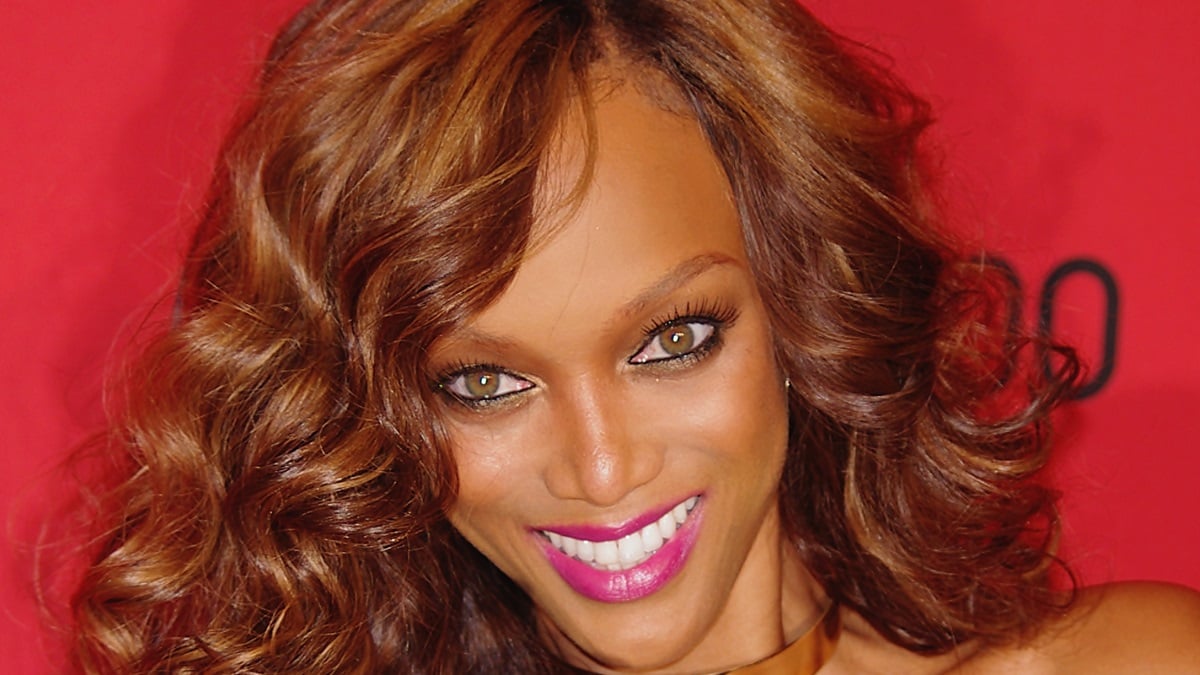
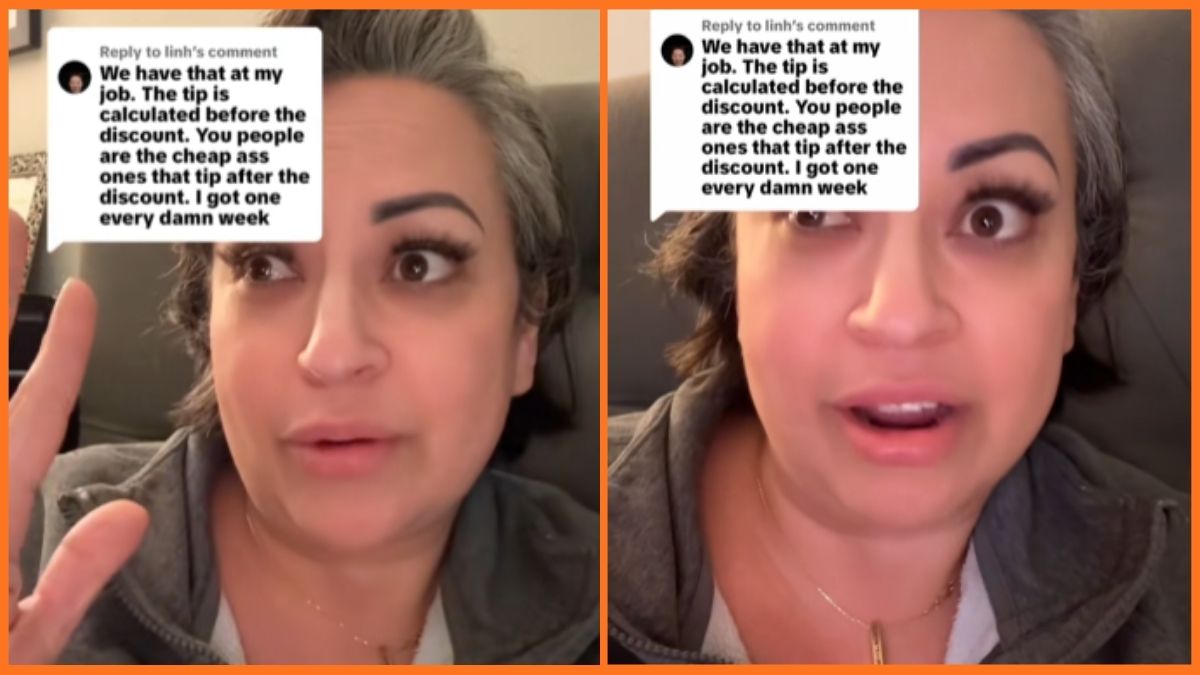
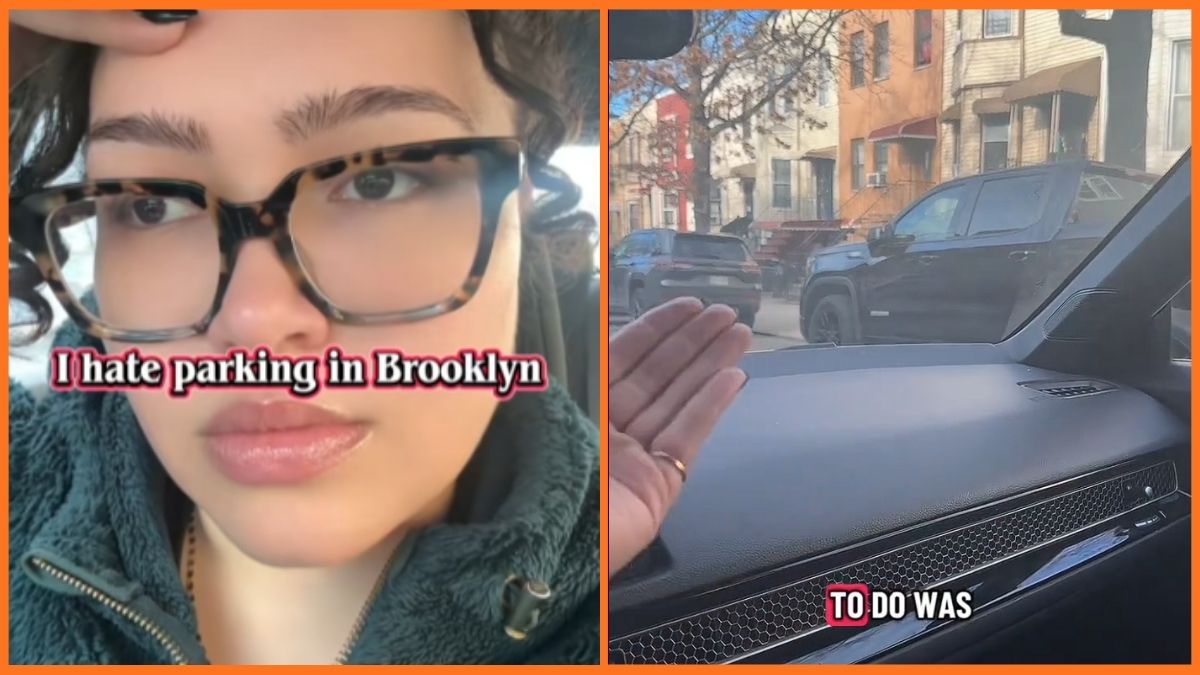
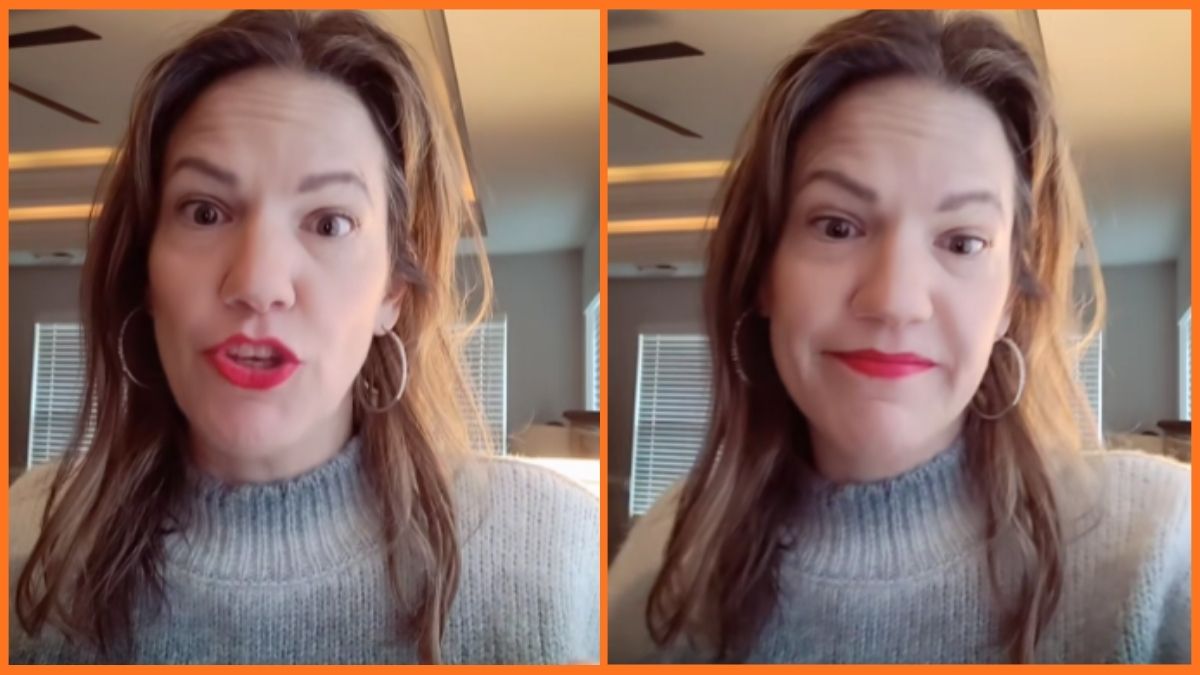
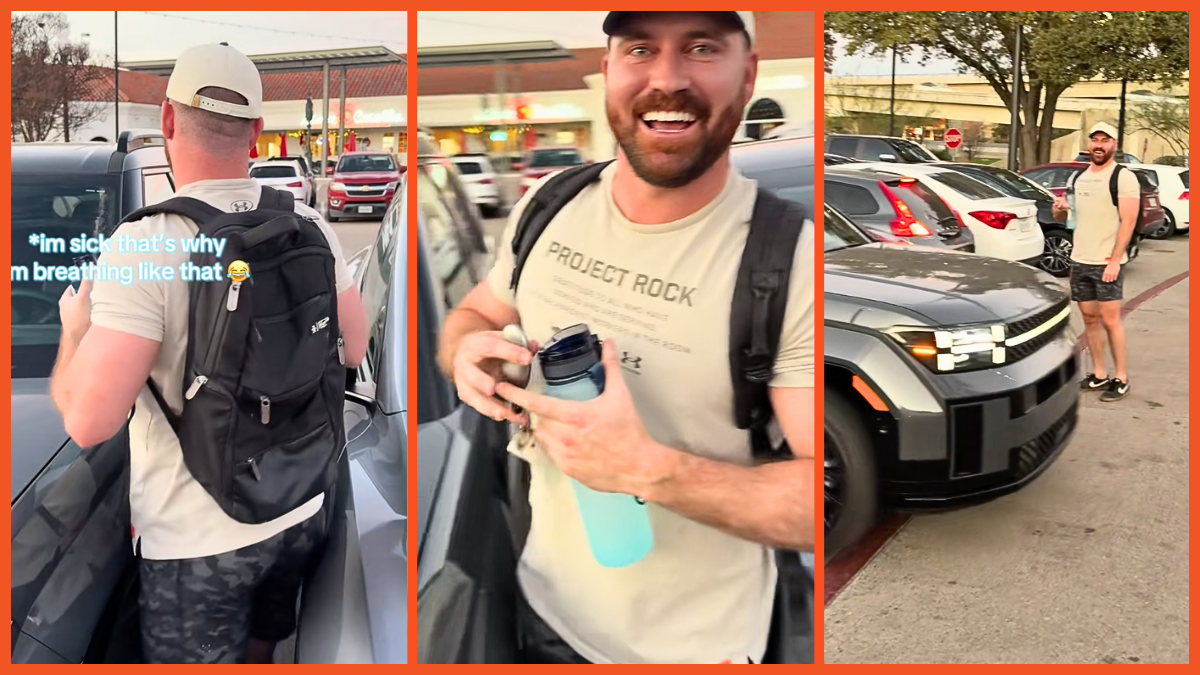

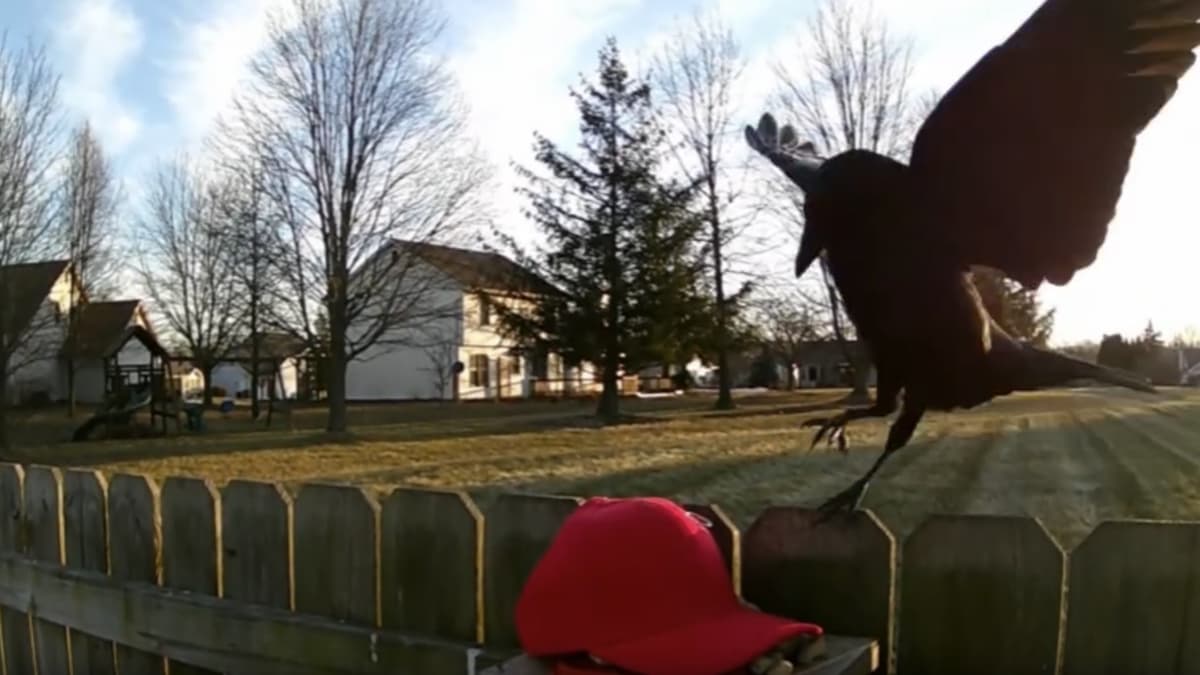
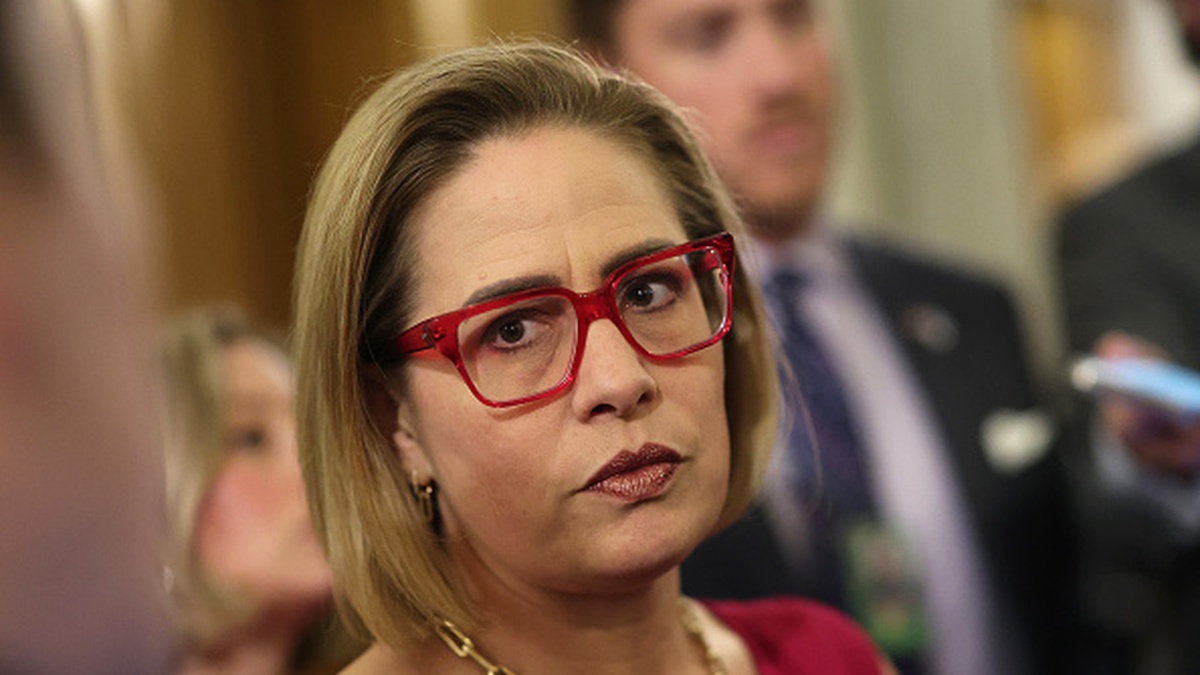


Published: Nov 21, 2024 07:50 am